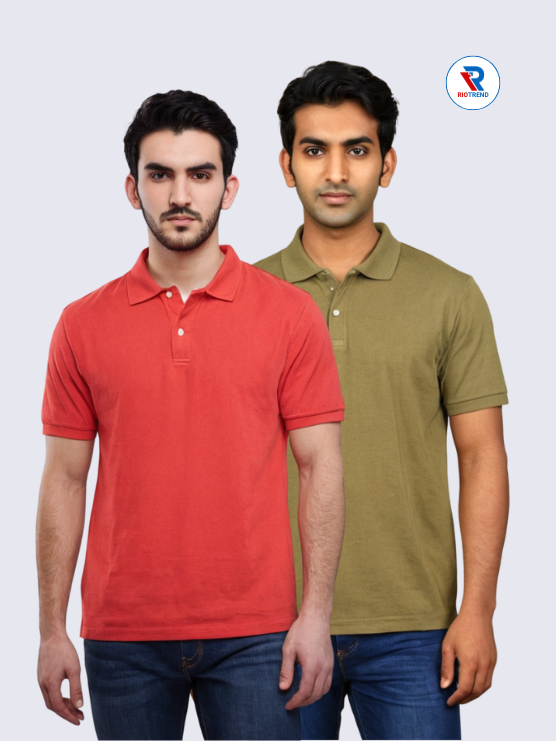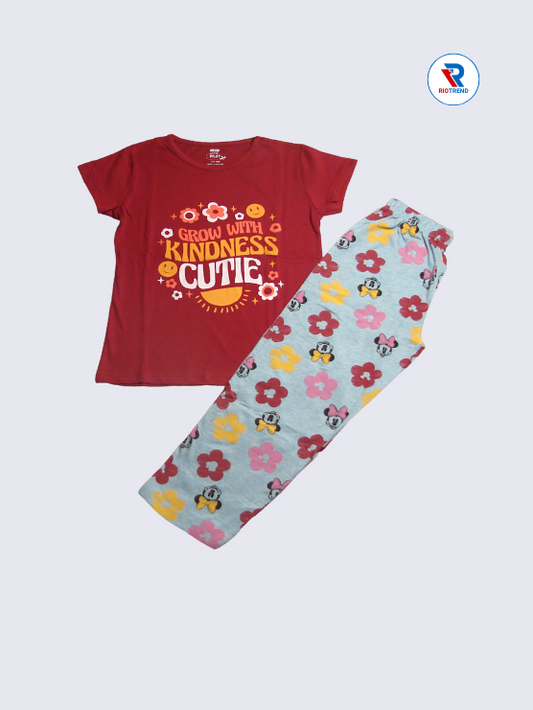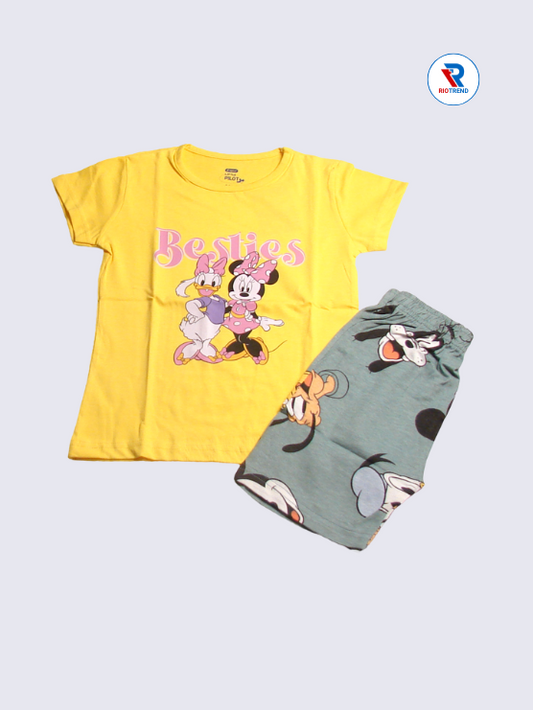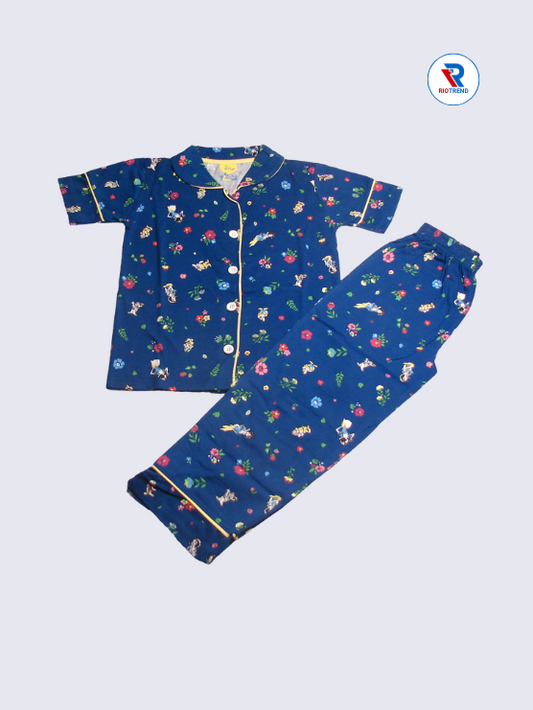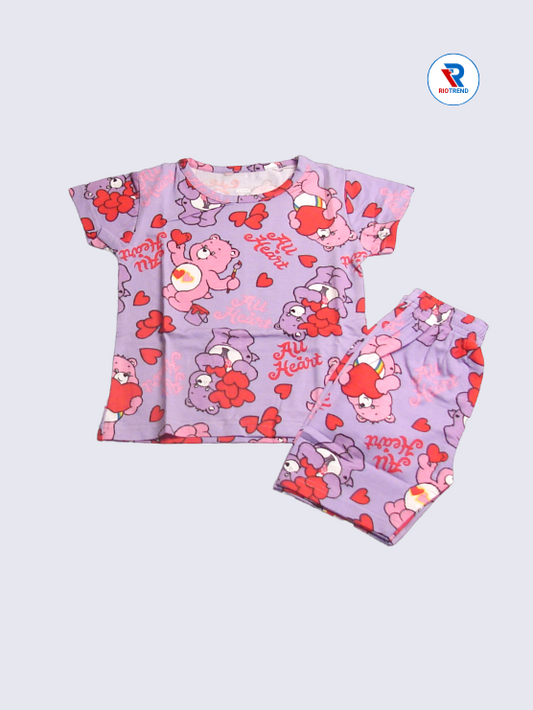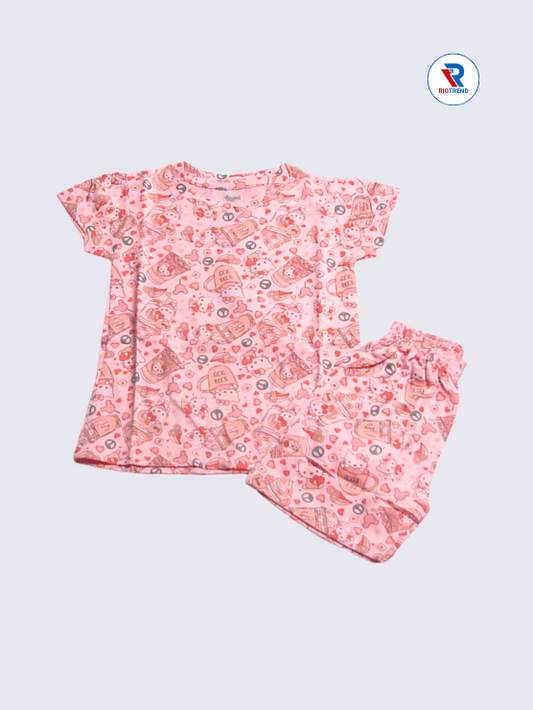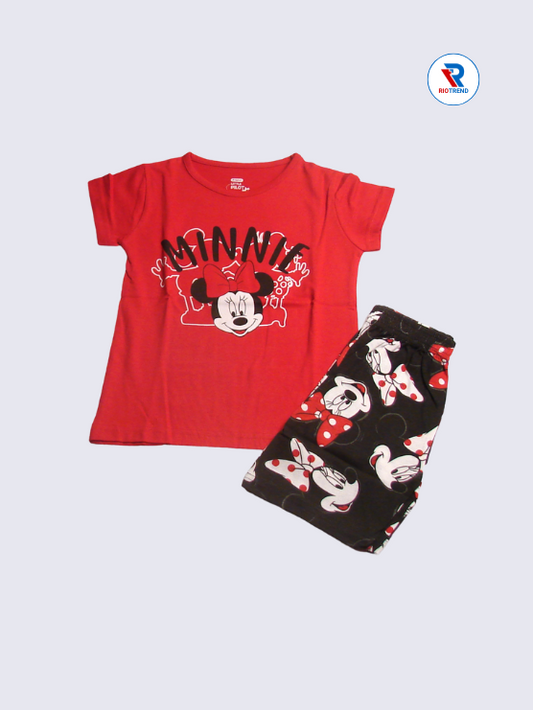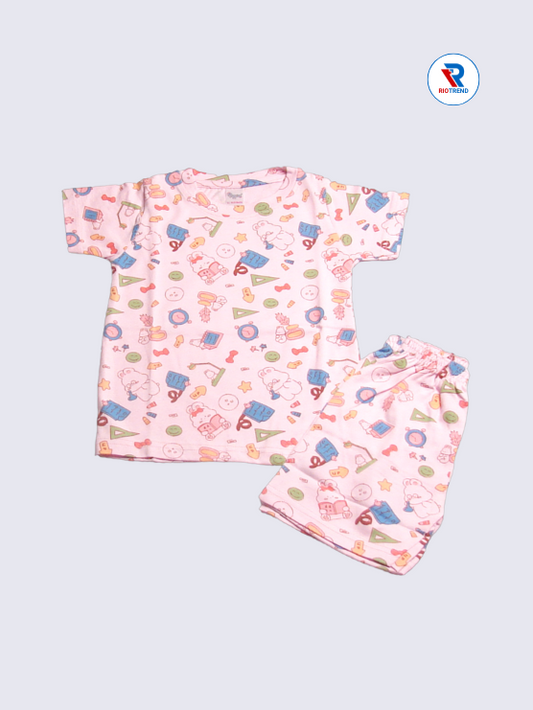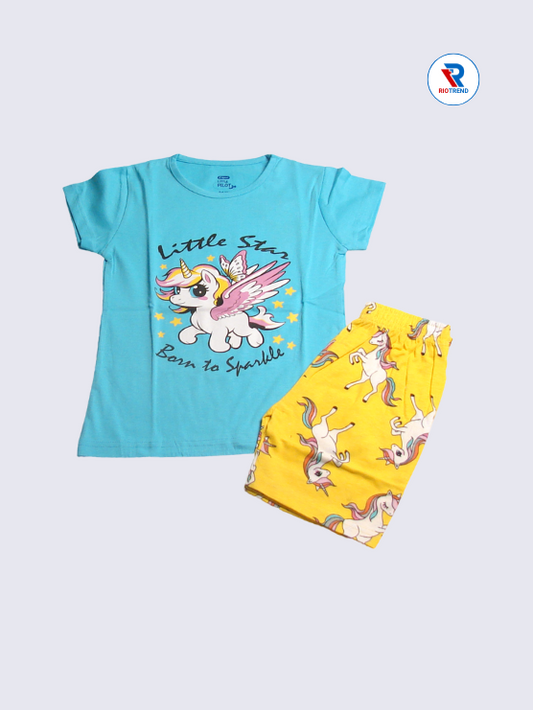Online shopping has reshaped the retail landscape. Offering an accessible and convenient way to purchase virtually anything. But have you ever thought about your online shopping habits?
In this article, we categorize online shoppers into seven distinct types. Which will help you better understand your style. And make the most out of your shopping experiences.
1. The Bargain Hunter
Bargain hunters are driven by the desire to save. For them, shopping is all about getting the best deals. They meticulously track sales, sign up for newsletters, and follow brands on social media to ensure they never miss an opportunity to save.
Key Behaviors:
- Constantly seeks out discounts and promotions.
- Often waits for major sales events like Black Friday or Cyber Monday.
- Prefers cashback and loyalty programs.
In-Depth: Bargain hunters often treat shopping like a sport, where the goal is to get the most value for their money. They’re strategic and patient, willing to wait weeks or months for the perfect deal. Many bargain hunters use price comparison websites and forums to share and discover tips on where to save.
2. The Impulse Buyer
Impulse buyers live in the moment, making spontaneous purchases often driven by emotions or flashy advertisements. While this type of shopping can be thrilling, it can sometimes lead to buyer’s remorse.
Key Behaviors:
- Drawn to eye-catching social media ads or limited-time offers.
- Often shops without setting a budget.
- May regret purchases or frequently return items.
In-Depth: Impulse buyers are the dream audience for marketers using emotional triggers. They are highly influenced by vibrant product images, influencer endorsements, and persuasive copywriting. However, their lack of planning can sometimes result in overspending or dissatisfaction with their purchases.
3. The Researcher
Researchers approach online shopping with meticulous planning. They dive deep into product reviews, analyze specifications, and compare options before making a decision. For them, knowledge ensures a well-informed purchase.
Key Behaviors:
- Reads extensive product reviews and comparisons.
- Often takes weeks to decide on a purchase.
- Prefers quality over urgency.
In-Depth: The researcher’s methodical approach stems from their desire to make the best choice possible. They’re less likely to fall for marketing gimmicks, relying instead on credible sources, testimonials, and expert recommendations. Researchers also tend to favor detailed product descriptions and transparent company policies.
4. The Window Shopper
Window shoppers enjoy browsing but don’t always follow through with a purchase. For them, online shopping is more about exploring trends and gathering inspiration than spending money.
Key Behaviors:
- Fills carts without checking out.
- Uses online shopping as entertainment.
- Keeps tabs on trends and prices.
In-Depth: Window shoppers are dreamers who use e-commerce platforms as a way to explore possibilities. They’re not in a rush to buy and often revisit their carts multiple times before deciding. Retailers often target window shoppers with retargeting ads or abandoned cart emails to nudge them toward making a purchase.
5. The Brand Loyalist
Brand loyalists stick to what they trust. They value consistency, quality, and a seamless shopping experience. Discounts and promotions are less important to them compared to brand reputation.
Key Behaviors:
- Shops directly from preferred brands.
- Participates in loyalty programs.
- Values long-term relationships with trusted companies.
In Depth: For brand loyalists, trust is everything. They’re less likely to explore new brands or platforms, preferring the security of familiarity. Many brand loyalists sign up for exclusive memberships or subscribe to premium services offered by their favorite companies.
6. The Convenience Seeker
Convenience seekers prioritize a seamless and efficient shopping experience. They prefer platforms that offer fast delivery, easy checkout processes, and exceptional customer service.
Key Behaviors:
- Shops from platforms with reliable logistics.
- Prefers features like saved payment methods and same-day delivery.
- Values simplicity and time-saving features.
In-Depth: Convenience seekers are often busy individuals who don’t have the time to browse or compare extensively. They’re drawn to platforms like big online platforms that prioritize speed and efficiency. Convenience seekers also value clear product categories and responsive customer support.
7. The Ethical Shopper
Ethical shoppers are guided by their values. They prefer buying from brands that align with their beliefs, such as eco-friendliness, fair trade, or cruelty-free practices.
Key Behaviors:
- Researches brands’ ethical practices before purchasing.
- Prefers sustainable or locally made products.
- Willing to pay more for socially responsible brands.
In Depth: Ethical shoppers are increasingly influencing the market by demanding transparency and sustainability. They’re willing to spend more on products that align with their values and often support smaller, mission-driven brands. Ethical shoppers also appreciate certifications like Fair Trade as proof of a brand’s commitment.
Final Thoughts
Understanding your shopping style can help you make smarter decisions and enhance your online shopping experience.
Whether you’re a bargain hunter, an impulse buyer, a researcher, a window shopper, a brand loyalist, a convenience seeker, or an ethical shopper, each type has its strengths and challenges.
Which category do you identify with? Share your thoughts in the comments below and let us know if you’re a mix of multiple styles.
